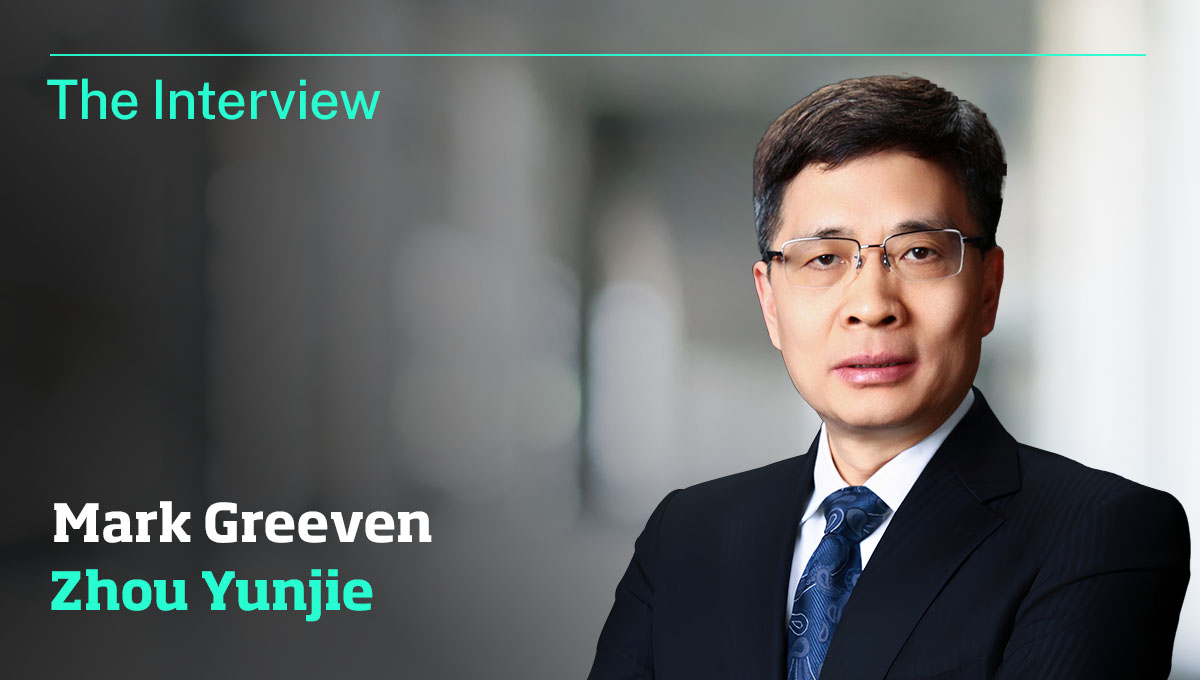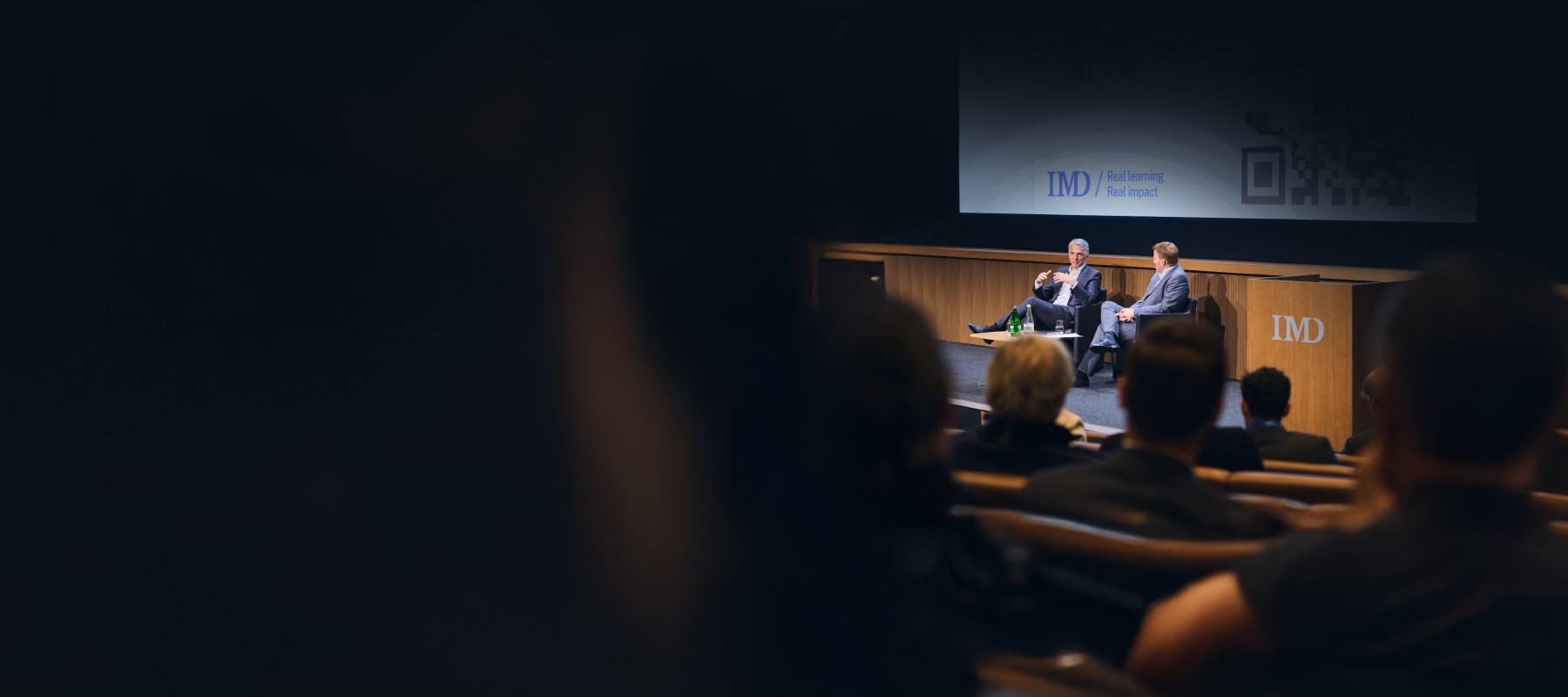When governance rhymes with turbulence
Tunisia has been the only country to emerge from the Arab Spring with a successful transition to democracy. This case focuses on a critical period in this transition process, when the country appointed an interim government. The case zooms in on the leadership and governance challenges of this “caretaker” administration during its one-year mandate in 2014-2015. In order to convey the highly turbulent environment this government faced, the story centers on one of the cabinet ministers and his struggle to deal with students’ protests, labor strikes and threats to national security. It also outlines the challenge of making ethical decisions and pursuing much-needed reforms in this context. The protagonist of the case – the Minister of Higher Education, Scientific Research and Information & Communication Technologies, Mr Tawfik Jelassi – is unusual in that he was a business school professor and dean with no political experience, who was plunged into a new environment and expected to “sink or swim.” He had to learn to map out the constellation of stakeholders who were important to his decision-making and to understand the dynamics of political conflicts. He was a member of a diverse team: non-partisan “technocrats” coming from different sectors and countries. An esprit-de-corps and high-level coordination enabled the government team to achieve the objectives set by the country’s National Dialogue Quartet at the outset of their mandate. In 2015, Tunisia was awarded the Nobel Peace Prize for having built a pluralistic democracy. The Norwegian Nobel Committee stated that: “The ultimate validation of the Quartet’s historical effort came in the autumn of 2014, when the parliamentary and presidential elections were carried out. Both the technocratic government and the interim president resigned and were replaced by lawfully elected successors.” This case offers a window into the governance challenges that this achievement entailed, given the highly turbulent environment of post-revolutionary Tunisia.
The learning objective is to understand a high-turbulence environment and to grasp the challenges of responsible leadership in such a context. The main dilemma revolves around an ethical decision, which has wide political impact. The reader is guided through both an ethical and a stakeholder perspective. The teaching note provides a new framework for highly turbulent environments – beyond “VUCA” –, which are defined as: Explosive, Polarizing, Irrational and unfolding in Compressed time (EPIC).
Tunisian Government
2014-2015
Cranfield University
Wharley End Beds MK43 0JR, UK
Tel +44 (0)1234 750903
Email [email protected]
Harvard Business School Publishing
60 Harvard Way, Boston MA 02163, USA
Tel (800) 545-7685 Tel (617)-783-7600
Fax (617) 783-7666
Email [email protected]
NUCB Business School
1-3-1 Nishiki Naka
Nagoya Aichi, Japan 460-0003
Tel +81 52 20 38 111
Email [email protected]
IMD retains all proprietary interests in its case studies and notes. Without prior written permission, IMD cases and notes may not be reproduced, used, translated, included in books or other publications, distributed in any form or by any means, stored in a database or in other retrieval systems. For additional copyright information related to case studies, please contact Case Services.
Research Information & Knowledge Hub for additional information on IMD publications

Here are four steps businesses and leaders can take to foster women’s careers in cybersecurity, with benefits for women and the industry.

AI is revolutionising industry by improving efficiency and driving sustainability. Discover how data-driven insights shape a greener future

Broken talent pipeline – Traditional methods of finding and keeping talent no longer work. Businesses must rethink hiring with two key mind shifts, says Cynthia Hansen.

Six ways leaders can shape corporate reputation building strategies within their organizations, drawing on key insights from a Bloomberg Media study.

GenAI allows human talent to focus on more creative, complex tasks, leading to greater job satisfaction and well-being. Quentin Gallea outlines three ways you can use it to automate routine tasks, and how to get more out of the technology through ...

Haier's CEO Zhou Yunjie explains how the company's innovative RenDanHeYi model empowers employees, drives global growth, and adapts to market changes.

Managing energy in leadership helps sustain momentum. Tap into purposeful action, team cohesion, and personal conviction to stay energised and inspire others.

Given the pressures on today's workforce, a crisis is looming in terms of employee well-being. Leaders should ask themselves the following five questions to check if they're supporting their employees' mental and emotional well-being. Given the pr...

Switzerland should assess the Credit Suisse collapse before adding more banking regulations, says UBS Group CEO in a talk on Europe's financial future.

Companies need a new, holistic approach to sustainability if they are to head off criticism and accusations of greenwashing. Carlos Cordon outlines three potential pathways to a circular business model. Companies need a new, holistic approach to s...
Research Information & Knowledge Hub for additional information on IMD publications
in I by IMD
Research Information & Knowledge Hub for additional information on IMD publications
in I by IMD
Research Information & Knowledge Hub for additional information on IMD publications
in I by IMD
Research Information & Knowledge Hub for additional information on IMD publications
in I by IMD
Research Information & Knowledge Hub for additional information on IMD publications
Research Information & Knowledge Hub for additional information on IMD publications
Research Information & Knowledge Hub for additional information on IMD publications
in I by IMD
Research Information & Knowledge Hub for additional information on IMD publications
Research Information & Knowledge Hub for additional information on IMD publications
Research Information & Knowledge Hub for additional information on IMD publications

